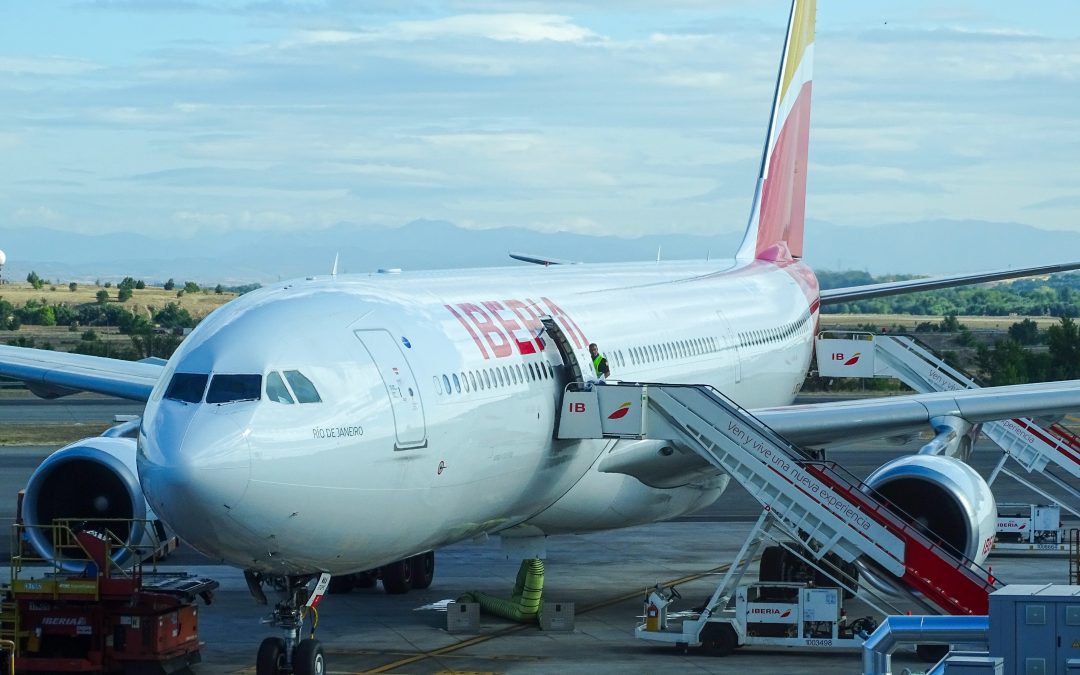When you travel to a business location where you spend the night, you are in travel status. But will the tax rules make this a business or personal night?
The rules also affect your costs during the day. When you have an overnight business travel day, you generally deduct your costs of sustaining life for the day, such as breakfast, lunch, dinner, snacks, drinks, lodging, and taxis.
Business days also are important in determining how much of your travel cost you may deduct. For example, on a seven-day trip to Paris, one business day makes the airfare deductible.
Yep, you heard that right. Six personal days and one business day in Paris—you deduct 100 percent of the airfare.
So what counts as a business day?
Travel Days
Transportation days are the trickiest days.
Days spent traveling to or returning from a destination outside the United States are treated as business days—provided you use a “reasonably direct route” and you don’t engage in “substantial diversions for non-business reasons” that prolong your travel time.
If you don’t use a reasonably direct route, you count as business days the amount of time that a reasonably direct route would have taken.
Similarly, if you engage in substantial non-business diversions, you count as business days the amount of time it would have taken without such diversions.
These rules apply to whatever mode of transportation you use. So if you travel by airplane and don’t take a reasonably direct route, you count as business travel days the number of days an airplane would take to reach your destination by a reasonably direct route. The same is true for travel by car or cruise ship.
Days When Your Presence is Required
If your presence is required at a particular place for a specific and bona fide business purpose, then that day is a business day regardless of the amount of time spent on business.
Days That Are Primarily Business
You have a business day on a day when your principal activity is business. Basically, you need to spend at least four hours and one minute on business under this rule in most cases.
Circumstances Beyond Your Control
If you travel to a business location with the intent to conduct business but could not due to circumstances beyond your control, that counts as a business day.
Weekends, Holidays and Standby Days
Once you are at your business travel destination, if a Saturday, a Sunday, a legal holiday, or another reasonably necessary standby day intervenes while you endeavor to conduct your business, you treat such a day as a business day.
For example, if both Friday and Monday qualify as business days, then Saturday and Sunday are also treated as business days, even if you spend those days at the beach.
As you can see, with a little advance planning can turn a partially deductible trip into a fully deductible trip.











